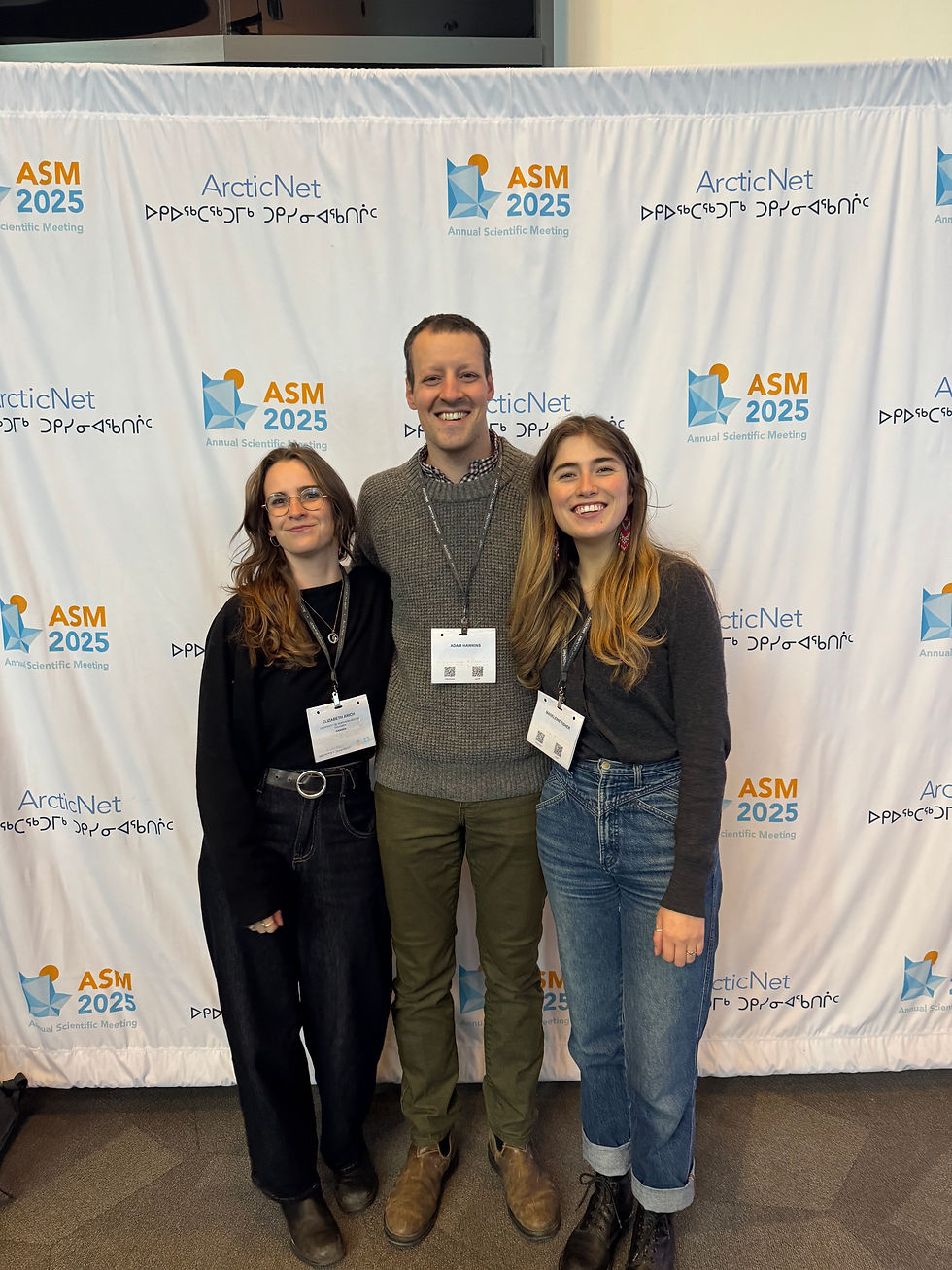A cocktail of drugs in every glass
- ECRG

- Oct 15, 2017
- 2 min read
It has rained so much over the past few days on the Sunshine Coast we are all thinking about water. Might it be trying to get home without wet feet or perhaps the risk of flooding is on your mind? But when you’re inside and you turn on the tap to fill a glass water, do you think about what drugs you will be drinking? The water we drink from the tap or bottle contains multiple drugs that have passed through our bodies, been flushed down the toilet and are now in the water your drinking and cooking with? It is estimated developed western countries have up to 200 different drugs in their tap water. Other countries haven’t begun testing for them yet.

Above: Lyons, G 2014. Pharmaceuticals in the environment: A growing threat to our tap water and wildlife. A CHEM Trust report.
We generally only absorb 10-70% of any medication we take, even less if the pharmacist’s instructions aren’t followed. All those birth control, pain relief, antidepressants, antibiotics, chemotherapy, heart medications and more flow through us and into the water when we flush and forget about it. Sadly there no wastewater treatment systems yet developed to capture these, so they flow out into our streams, rivers, lakes and sea.

Above: Lyons, G 2014. Pharmaceuticals in the environment: A growing threat to our tap water and wildlife. A CHEM Trust report.
The frightening part of this is we don’t know what effect constantly taking a cocktail of sub-therapeutic drugs on a daily basis has on our health or the environment? We do know antidepressants have been found in the brain and liver of fish - but were they happier?
Male fish living near wastewater outflow pipes undergo a sex change due to the female hormones in the water - transgender fish whether they want to be or not! Sadly, studies also found 90% of the vultures in India died from feeding off cows that had been given anti-inflammatories to help with pain. Once the connection was discovered, India banned the medication and practice - the vultures are repopulating and doing well.
This seems like a huge problem but there are two simple steps you take today that will have an immediate effect:
Take medications as they prescribed. They come with instructions so you will absorb the optimal amount.
Take unused medication back to the chemist (pills, creams, liquids). NO Flushing them down the toilet or putting them in the rubbish.
SUCCESS you have had a positive impact on the environment and all who share it.
Want to learn more? Go to:
Kerrie Pickering and the Environmental Change Research Group




Comments